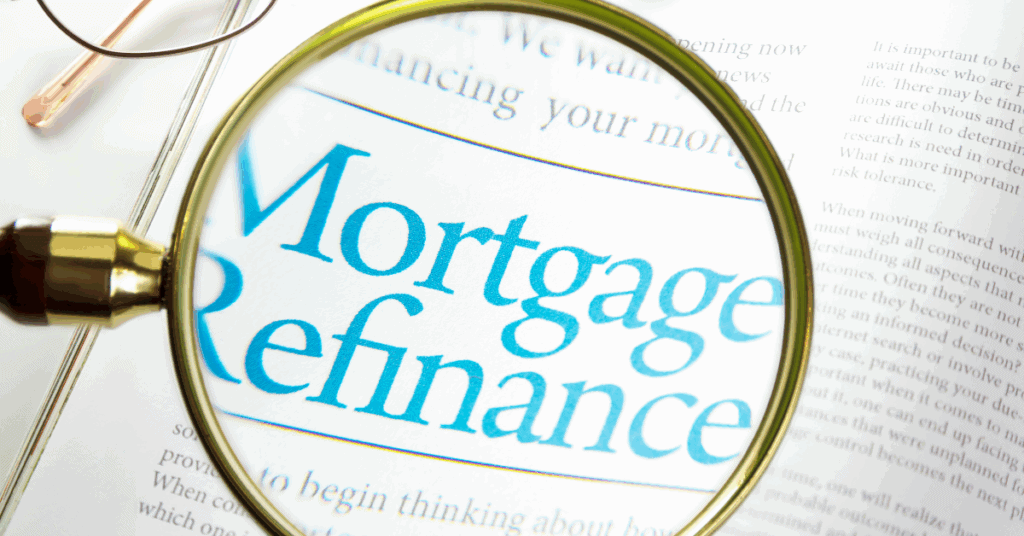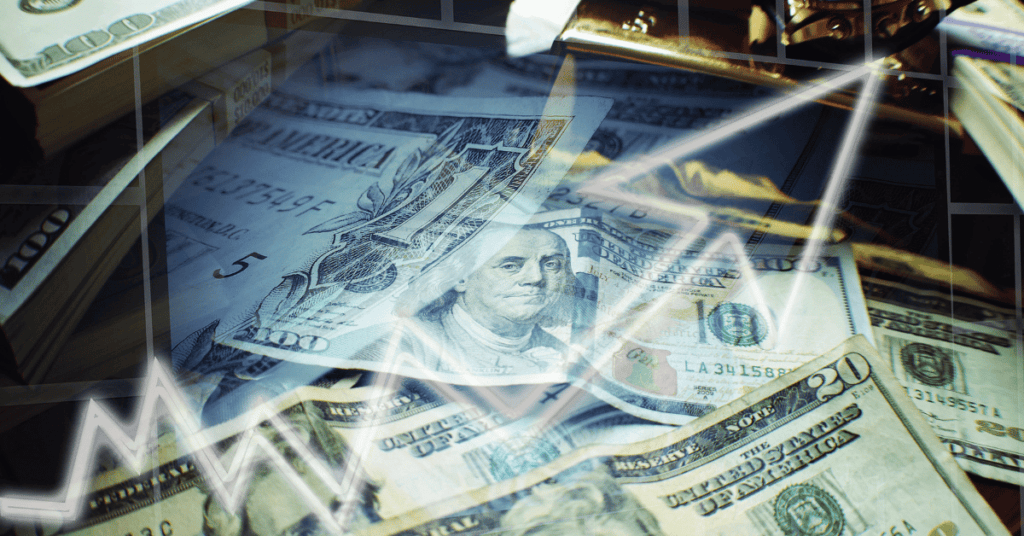Get Expert Financing
- Matched with investor-friendly lenders
- Fast pre-approvals-no W2s required
- Financing options fro rentals, BRRRR, STRs
- Scale your portfolio with confidence
The recent Federal Reserve rate cut has homeowners everywhere considering refinancing their mortgages.
However, if you want to reap the benefits of a drop in mortgage rates, you have to consider two very important factors:
Many financial experts will tell you that a cash-out refinance may be a highly effective way to access home equity for significant expenses such as:
But there’s more to a cash-out refinance than knowing the most common ways you could use the money.
Here’s what you need to know about the best timing practices for cash-out refinancing and how to know when it makes the most sense.
A cash-out refinance is a loan that replaces your existing mortgage with a new, larger loan. The difference between the new loan and your current mortgage is given to you in cash.
You can use these funds for various financial purposes—such as paying off high-interest debts or financing home renovations.
Because you’re taking out a new loan, it may come with different terms, like a new interest rate or repayment period.
Many homeowners use this option to tap into their home’s equity for significant expenses.
A cash-out refinance offers several benefits for homeowners, including:
A cash-out refinance can make sense when it benefits your financial situation.
A lowered mortgage rate can translate into thousands of dollars in savings over the lifetime of your loan.
A current lower interest rate compared to when you started your mortgage means refinancing could lower those payments and reduce overall interest costs.
Juggling multiple debts can be stressful and may lead to missed payments.
Furthermore, if your debt involves credit cards or personal loan rates, consolidating these high-interest debts through a cash-out refinance can reduce overall payments.
Planning to stay in your home for several years?
Using a cash-out refinance for much-needed home renovations can boost your home’s value and enable you to make improvements relatively quickly.
However, a cash-out refinance isn’t always beneficial.
Consider the following:
A no cash-out or rate-and-term refinance replaces your existing mortgage with a different, new loan at a lower interest rate or different term.
Unlike a cash-out refinance, it does not provide you with any cash. Homeowners typically choose this option to achieve lower monthly payments or a shorter loan term without accessing additional funds.
In contrast, a cash-out refinance gives you cash from your home’s equity but may come with higher loan amounts and closing costs.
To complete a cash-out refinance, you’ll need several documents to verify your financial situation:
The required credit score for a cash-out refinance depends on the loan type.
Work toward a higher credit score by paying off debts and making timely monthly payments to secure more favorable loan terms.
In most cases, the money received from a cash-out refinance is not considered taxable income because it’s a loan, not earned income.
However, if you sell your home shortly after refinancing, you might be subject to capital gains taxes if the property’s value has increased.
Consult a tax advisor for details on your specific situation.
The process for a cash-out refinance typically takes 30 to 45 days.
After closing, you’ll receive your funds within a few days, usually within a week.
Home equity loans usually feature fixed rates, while cash-out refinances offer more flexible terms.
Deciding whether a cash-out refinance is right for you depends on your financial goals and market conditions.
With the recent Fed rate cut, refinancing could offer more favorable terms, making it an attractive time to consider accessing your home’s equity.
However, it’s essential to weigh the costs and potential risks. Consult with a loan officer to determine if a cash-out refinance is the best option for your financial situation.
Every year, thousands of homeowners look to us for a way to utilize their home equity to its maximum potential.
Reach out to MyPerfectMortgage today.We can connect you with the right lender who can provide the right solution to your home-buying or home-refinancing needs.
Our advice is based on experience in the mortgage industry and we are dedicated to helping you achieve your goal of owning a home. We may receive compensation from partner banks when you view mortgage rates listed on our website.


